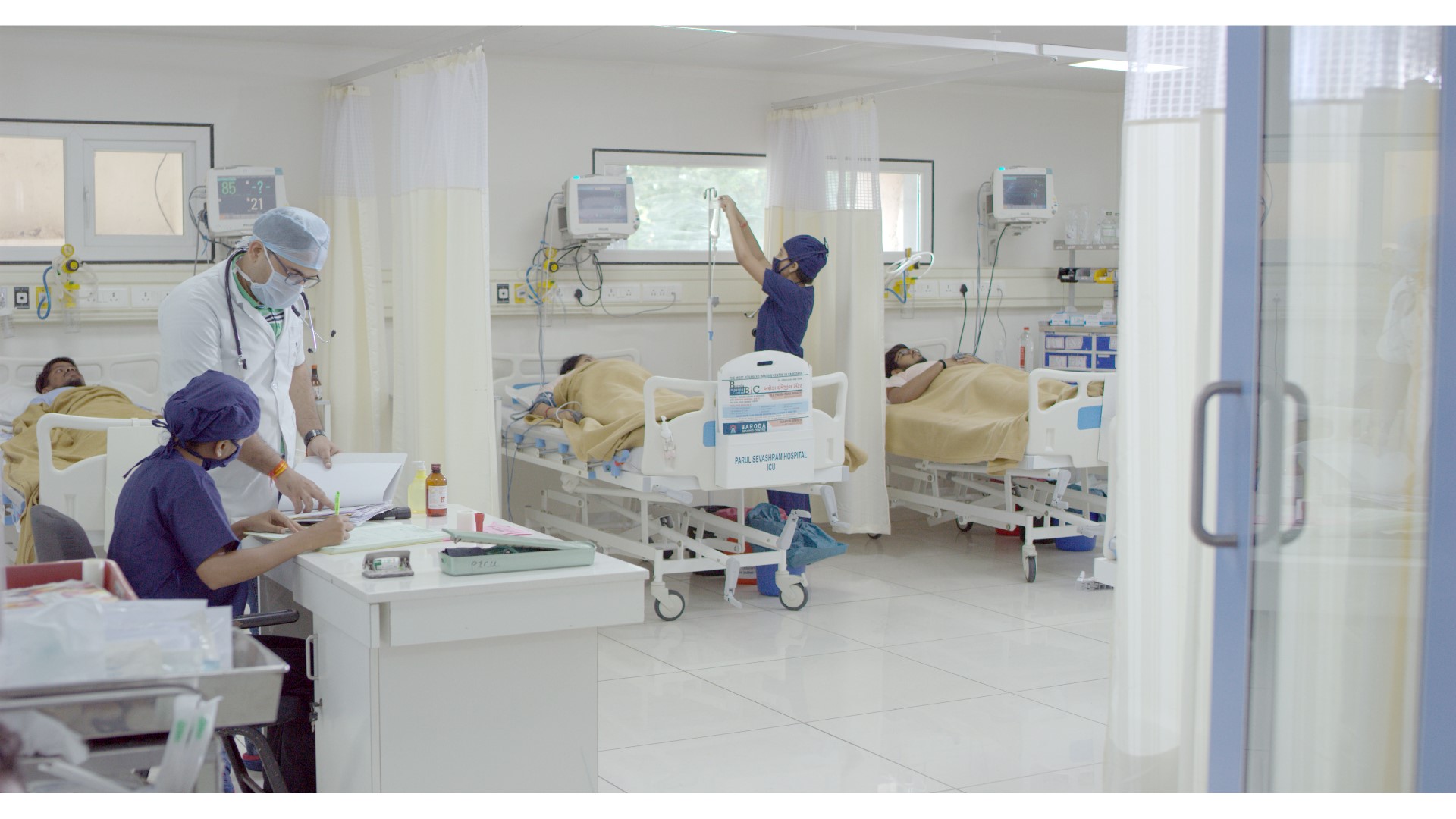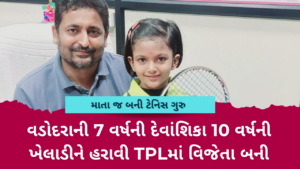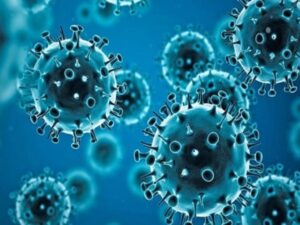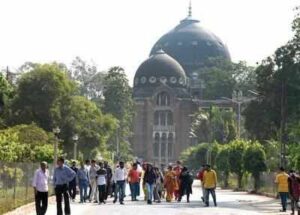Although Covid is primarily considered a respiratory disease, it has serious consequences involving digestive system. Around 15-25 percent of COVID patients present with Gastro-Intestinal symptoms, either during the hospital stay or post discharge and some may even present directly with these symptoms only. Common symptoms include- abdominal pain, nausea, bloating, acid reflux, vomiting and diarrhoea. Certain drugs like antivirals, antibiotics, and steroids which are used in the treatment of Covid 19 infections also affect the digestive system.
The virus enters through the epithelium of the intestine and infects hollow viscous and travels through blood stream (viremia) to infect solid organs like liver, pancreas and gallbladder causing inflammation or swelling leading to cholecystitis, pancreatitis and hepatitis. Some patients have presented with GI emergencies including intraabdominal abscess (collection of pus in the abdominal cavity), sealed off or frank perforations (small tear in the intestines or stomach) or adhesions which may require emergency surgery. There can be life threatening intraabdominal, intraluminal or soft tissues hematomas. This is primarily because of anticoagulation especially in the aged population. ‘We have also observed clotting within major abdominal vessels leading to ischemic colitis and subsequent gangrene of intestine, said Dr Nitin Patel, Consultant Gastrointestinal Surgeon, Parul Sevashram Hospital.
In two such recent cases, an 18-year-old male patient recovered from Covid who was presented to the GI Surgery Department of Parul Sevashram Hospital with abdominal pain, nausea, fever and swelling in abdomen. Upon clinical examination and on further investigations including CT scan, patient was found to have splenic abscess. The doctors acted immediately and drained it laparoscopically. Patient was kept on further conservative management for 10 -12 days and then discharged successfully.
Another 18-year-old girl who was Covid positive developed pseudocyst of Pancreas secondary to Covid induced Pancreatitis. In this case also, prompt diagnosis was done the cyst was drained laparoscopically. Patient was successfully discharged after 15 days.
Many times, patients presenting with abdominal symptoms need to be put under the scanner with Covid suspicion because some of these patients either have history of being recovered from Covid or have no respiratory symptoms. GI emergencies require early identification and prompt attention for acceptable outcome.
‘The elderly population is at high risk because of comorbidities like high blood pressure, diabetes, and chronic debilitating diseases which accelerate complications. So prompt diagnosis, appropriate and timely management by the expert team of Doctors is crucial to treat these patients efficiently, said Dr Geetika Madan Patel, Medical Director, Parul Medical Institute & Hospital.









